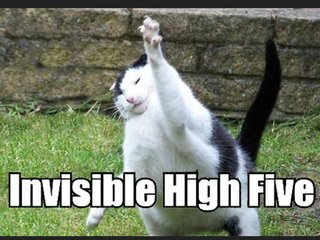 There seems to be something of a disconnect between Silicon Valley and…the rest of the world. Apple, Facebook, Zynga, Amazon, HomeAway, Netflix, and AOL—among others—released their quarterly earnings reports last week, and the only two to come out on top were Amazon and AOL. Apple had another rare miss—the second since Tim Cook took over last fall. And Zynga didn’t really miss, but rather plunged head-first off a cliff.
There seems to be something of a disconnect between Silicon Valley and…the rest of the world. Apple, Facebook, Zynga, Amazon, HomeAway, Netflix, and AOL—among others—released their quarterly earnings reports last week, and the only two to come out on top were Amazon and AOL. Apple had another rare miss—the second since Tim Cook took over last fall. And Zynga didn’t really miss, but rather plunged head-first off a cliff.
Meanwhile, Box is raising funds for a $1.2 billion valuation, VMware just bought Nicira for $1 billion, and Square has raised $200 million in a round that now values the company at some $3.25 billion. I’m not even going to get started on Yammer’s $1.2 billion acquisition by Microsoft, or the infamous $1 billion Instagram acquisition.
I hate to be the downer here, but let’s put this into perspective. The companies I just mentioned were valued at a total of $7.65 billion. If Facebook shares had stayed the course at $38, the company would have a market cap of more than $80 billion. By comparison, the Middle Eastern country of Yemen—a country that’s facing a massive food crisis and where 58% of all children under the age of five will have permanently stunted growth due to malnutrition—has a GDP of USD$33.76 billion.
The terms “bubble” and “frothiness” were thrown around a lot at the recent Venture Shift in San Francisco. The fact is that valuations are far outpacing companies’ performance in the market. Let’s throw out a few examples.
Demand Media went public in January 2011, pricing shares at $17, which then soared 40% to $23.61. Today, shares closed at $11.02, a 46% decrease since it went public.
Groupon debuted in November 2011 at $20 a share, closing at $26. On Friday, Groupon shares closed at $7.59, a 71% drop from its IPO price.
Zynga went public in December 2011 at $9.50 a share. Today, shares closed at $3.09, marking a 67% drop.
HomeAway went public in June 2011, initially pricing shares at $27, which closed at more than $40. Today, the company closed at $24.17, a 37% decrease.
And of course, there’s Facebook, which debuted at $38 in May and closed out today at $23.70—a 37% drop.
Of course, the suffering profits of many of these companies aren’t entirely their fault. Macro-economic weakness in Europe has caused quite a few problems as well. But the fact remains that macro-economic weakness or no, a photo-sharing app that makes your new pictures look old was bought for $1 billion.
Image source: weknowmemes.com



















